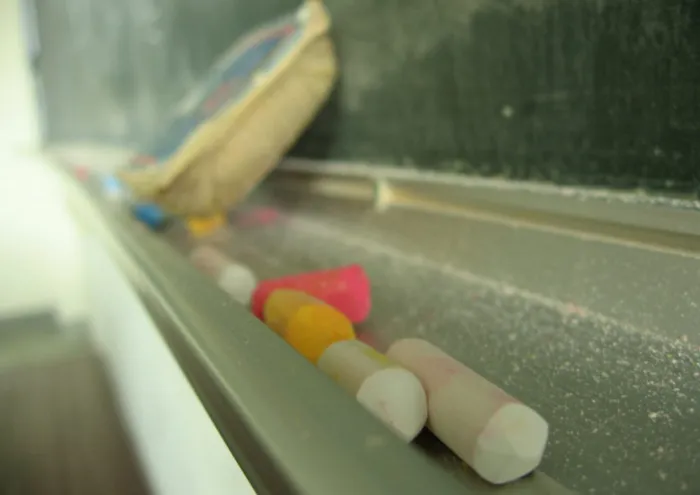Third language at schools welcomed

Cape Town - A plan for all pupils to learn a third, African, language has been welcomed by linguistic academics who say pupils will benefit greatly from being introduced to multiple languages at a young age.
The Department of Basic Education presented details of the proposed policy, which would be implemented incrementally until 2025, in Parliament earlier this week.
Afrikaans had been included by the department as one of the African languages which could be chosen.
UWC Linguistics Department’s Bassey Antia said it was significant that Afrikaans was being classified as an African language.
He said pupils could easily learn languages at school.
“Many learners get to the school with a rich repertoire of languages already. I do not see it as a destruction of the curriculum. It is an asset. Each of those languages represents a certain view of the world.”
Antia said learning many languages would benefit pupils. “If we want to educate a generation of learners who have flexible minds and can adapt to a variety of situations, this is the way to go.”
Koliswa Moropa, chairwoman of Unisa’s Department of Linguistics, said pupils would benefit greatly from learning three languages.
Pupils should choose which languages to learn based on where they lived and the languages spoken there.
Moropa said it would be particularly useful for pupils in the Western and Northern Cape provinces to learn Afrikaans as they would benefit, especially in the workplace.
She said it was usual for pupils to learn three languages around the world but it was unusual in Africa where South Africa was becoming a language leader.
“South Africa is doing far better than other African countries. South Africa is so advanced when it comes to language development. We have got language policy and language planning.”
Moropa did not feel it was significant that Afrikaans was being classified as an African language.
“It is just a tag. It depends on our understanding of Afrikaans. My understanding as a linguist is that Afrikaans belongs to Africa.”
Tessa Dowling, a senior lecturer at UCT’s School of African Languages and Literatures, said the proposed plan could work well in schools.
“I think it is entirely possible. It is done in Europe. It is exciting for their brain and for their social skills.”
Dowling was concerned that additional time would have to be added to the timetable and that sufficient resources, including textbooks, would be available.
michelle.jones@inl.co.za
Cape Times